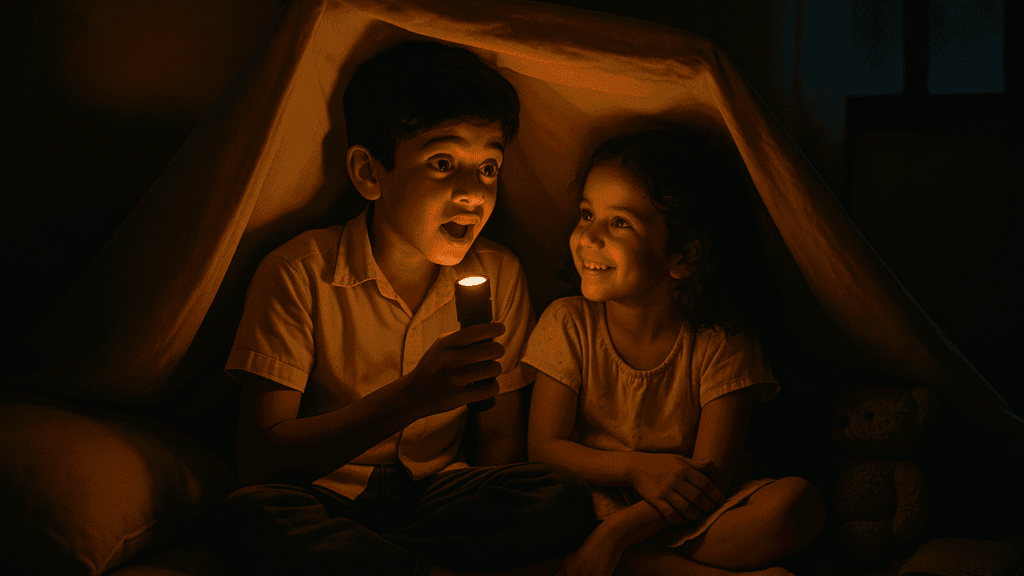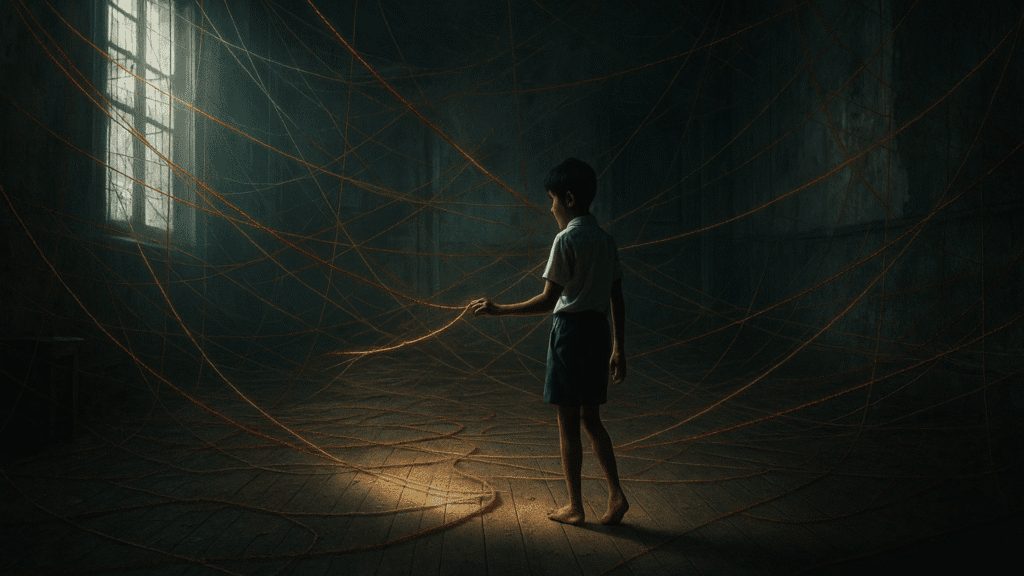Table of Contents
Toggle“Remember your words can plant gardens or burn whole forests down.” ~Gemma Troy
Stop what you are doing for a moment, and listen to your mind’s voice. What can you hear? What does it sound like?
Do you hear a loving, kind, inspiring voice that tells you, you are ENOUGH no matter what, that you are safe and it’s okay not to be okay sometimes? Does it tell you to look after your body, mind, and your magnificent soul? Does it tell you what a wonderful human being you are and that you are grateful that you are here and alive?
Or do you hear a critic? That no matter how much you do, it’s never enough? That you have to work hard to be seen, heard, or LOVED? That you are fat, skinny, short, too this and too that? Do you wish you were different?
A very important question is, whose voice is speaking to you inside your mind from the moment you wake up until you go to bed?
Your inner voice didn’t appear just last night. So, how did that voice get inside your head telling you whatever it is telling you?
Words are powerful, more powerful than we think. Did you know a parent’s voice becomes a child’s self-talk?
Little Lara was giving a very strange look to her favorite pony today. She turned it up and down several times and finally kept it back in her drawer. This time neither she kissed it nor even said ‘’bye my hearty’’ instead “I wish she could be more beautiful”.
Today she was upset with her pony because it was just plain pink whereas Sara’s Teddybear was more beautiful than hers.
Think about this small action of Lara. Why do you think Lara behaved like that? Where would it lead her? And lastly, who taught her comparison? She is just 4 years old.
She was projecting what she was ‘experiencing’.
Did you know that a child’s mind absorbs information like a sponge without any filter? The first magical six years is a very important period of a child’s life. The experiences children have in early childhood shape the brain and the child’s capacity to learn, to get along with others, and respond to daily stresses and challenges.
This period is filled with enormous physical, emotional, and psychological growth and development. Like a hard drive in the computer, the brain’s neural connections are made and hardwired. This is the program we will be running for life.
Although we do not remember most of our life data, the unconscious data in our head influence 90 to 95% of our behavior.
Let’s See why Lara and Sara are different: Two different home environments:
Lara constantly hears the word “NO”, has been told to “I said, STOP!” regularly, and often hears her parents say “don’t do that, don’t touch that”. When Lara makes a mistake her parents start comparing her and their actions have unintentionally made her disgraceful.
This repetition of negativity has impacted Lara’s subconscious mind and now at the age of 4, she is already showing signs of a distressing negative internal dialogue.
When Lara enters school, she will likely find this new environment overwhelming and stressful.
Sara, however, has had quite the opposite experience. Sara has been encouraged to explore and be grateful. She has regularly heard her parents say, “I am proud of who you are” and “It’s okay to feel sad sometimes, how would you like to feel when you finish being sad?”.
When Sara makes a mistake, her parents have been careful to encourage and remind Sara that mistakes mean she is still learning and should show up with whatever she has.
At 4 years old, Sara is demonstrating signs of being empowered with self-confidence and often says “I love my things!” “Those are wonderful!”. Sara is ready to commence school and can’t wait to be challenged by new activities.
When we consider these two children, Sara’s environment has successfully nurtured positive self-talk. Lara’s environment, however, has unintentionally cultivated negative self-talk, and now Lara’s internal dialogue is that she is not enough.
Moving forward, neuroplasticity means that the brain is mouldable and Lara can still unlearn his negative internal dialogue, however, it will take time, focus, and consistency to get him back on track.
So, how can we positively influence our children’s ‘Inner Voice’?
Role Model
It’s simple. Monkey see, monkey do! 🙂
Be aware of your tone of voice and the actions you take in your own life. Avoid talking negatively about yourself and instead, let your child see you practice using empowering language. Daily affirmations are a great place to start.
Develop Positive Surroundings
Start by removing negative messages from your child’s surroundings, including the TV shows they watch, the music they listen to, and the video games they play. This doesn’t mean eradicating all of these things, instead be intentional about choosing those with powerful, positive, and uplifting messages for your child to engage with.
Communicate with Positivity
Develop an intentional positive dialogue with your child. Reflect on the language you currently use with and about your child. Identify the areas you tend to default to using critical language such as:
- “You are so naughty!”,
- “Gosh, why do you always make a mess!”,
- “Why can’t you do anything right!”, or
- “You do it, coz I said so!”
- Why can’t you be more like your brother/sister/ the child next door?”
and replace these with positive statements. Some positive examples include:
- “It’s okay to make mistakes, what did we learn from this experience?”,
- “You worked hard today, How do you feel? what do you need?”,
- “I know it’s not easy to tell the truth, especially when you could have easily lied to me. Thank you for telling me the truth even when it was difficult. I appreciate your honesty”.
👏👏🏻👏🏽👏🏿 Please CLAP if you learned something and share your thoughts.












